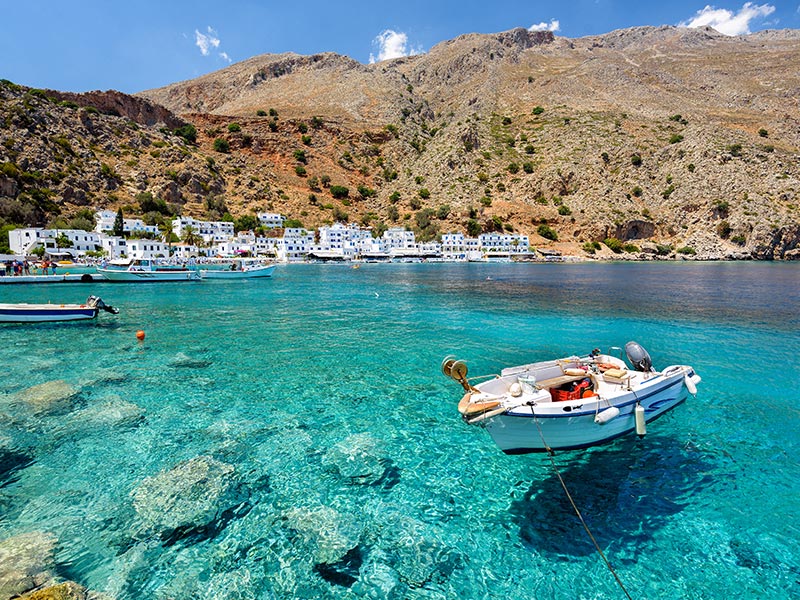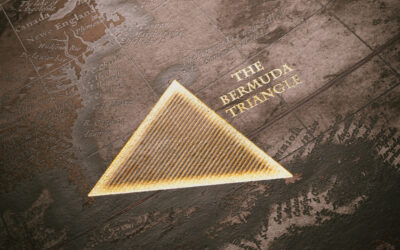The connection between ancient Crete and the legend of Atlantis has fascinated historians and scholars for centuries. The myth of Atlantis, first described by the philosopher Plato in his dialogues “Timaeus” and “Critias” around 360 BCE, tells the story of a powerful and advanced island civilization that sank into the ocean “in a single day and night of misfortune.” While the myth’s origins remain mysterious, many believe that Minoan Crete, one of the most advanced ancient civilizations, may have inspired aspects of the Atlantis story.
The Minoan civilization, which flourished on Crete from approximately 2700 to 1450 BCE, was known for its remarkable advancements in art, architecture, and trade. The Minoans built sophisticated cities, like Knossos, complete with large palaces, intricate plumbing systems, and vibrant frescoes. Their peaceful, seafaring culture dominated the Mediterranean for centuries, making them a likely candidate for inspiring Plato’s Atlantis.
A major factor linking Crete to Atlantis is the Thera eruption (modern-day Santorini) around 1600 BCE. This massive volcanic eruption devastated the nearby Minoan civilization, causing tsunamis and possibly contributing to the civilization’s decline. The sudden destruction of an advanced, island-based culture by a natural disaster fits Plato’s description of Atlantis’s catastrophic end.
While there’s no concrete evidence proving that Atlantis was real or that it was based on Crete, the parallels between the Minoan civilization’s sudden decline and Plato’s story are striking. Over time, the legend of Atlantis may have grown, combining elements of various ancient cultures and catastrophes into one enduring myth. Today, the Minoan-Atlantis connection remains a popular theory among those intrigued by ancient history and mythology.
Related Articles
The Mystery of the Bermuda Triangle—Fact or Fiction?
The Bermuda Triangle, a region in the North Atlantic Ocean, has captivated imaginations for decades. Stretching between Miami, Bermuda, and Puerto Rico, this area is infamous for the unexplained...
The Origins of Bubble Gum—A Sweet Invention That Stuck
Bubble gum isn’t just a chewy treat—it’s the result of decades of experimentation and a bit of accidental discovery! The first forms of chewing gum date back thousands of years, with ancient...
The Origins of Wind Chimes—Music in the Breeze
Wind chimes, those delicate instruments that create soothing sounds in the breeze, have been used for thousands of years. Originating in ancient China, India, and Rome, they were believed to ward...





